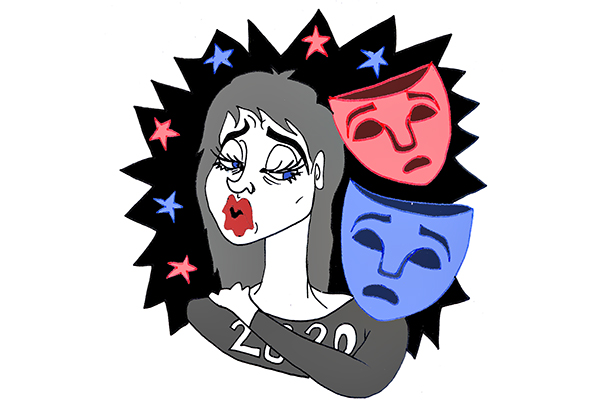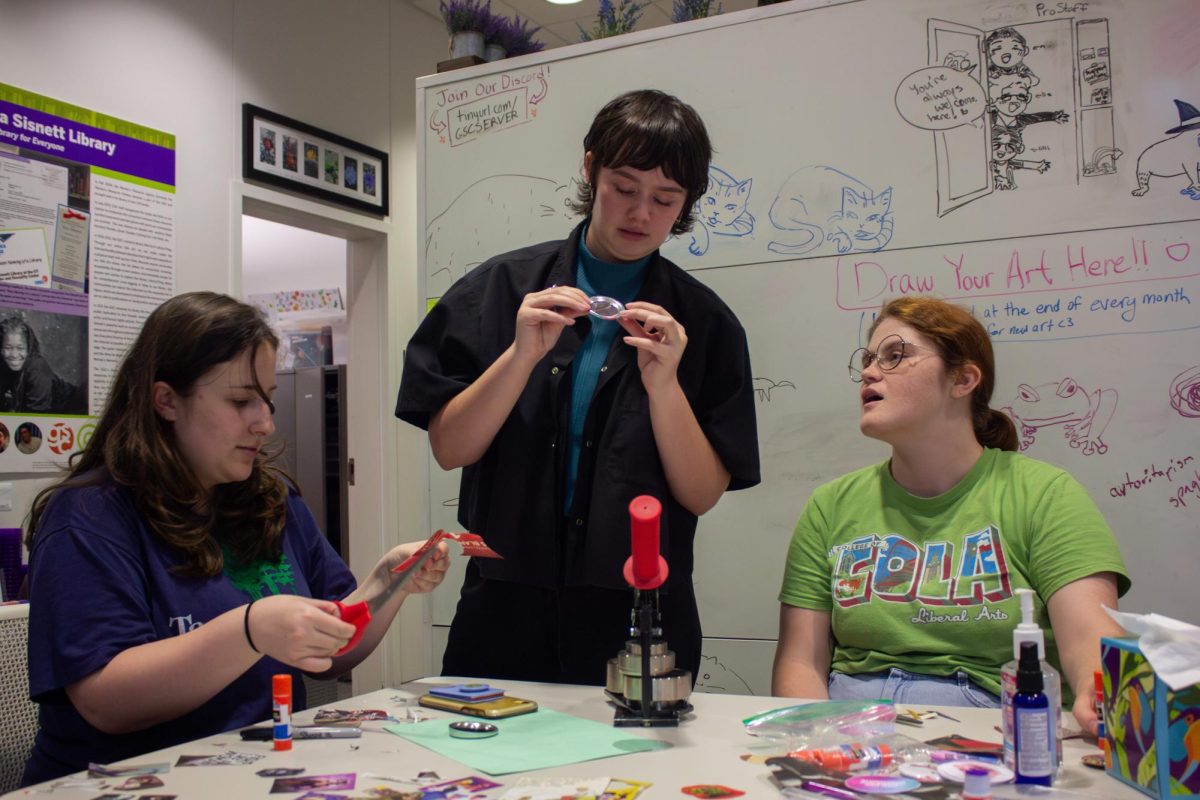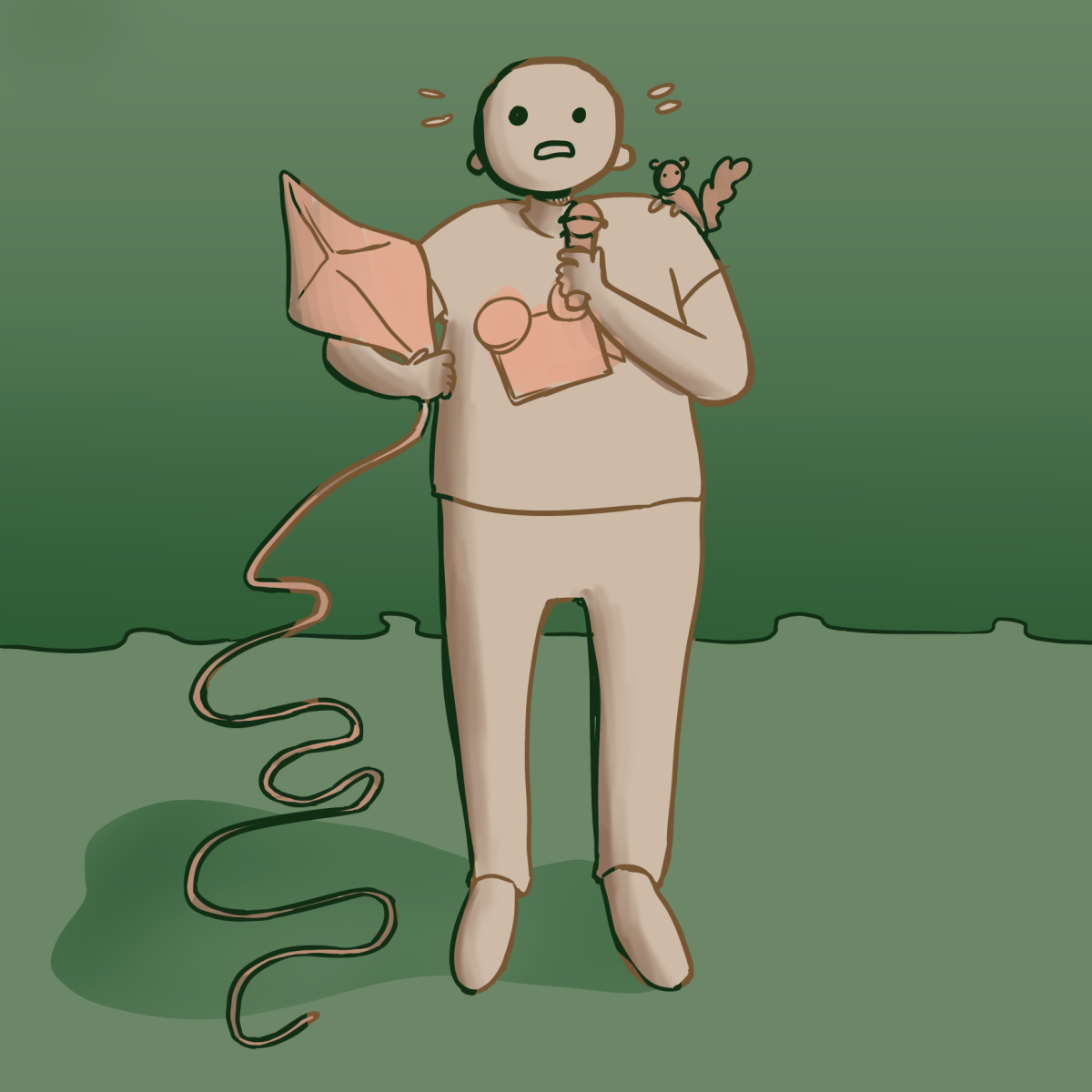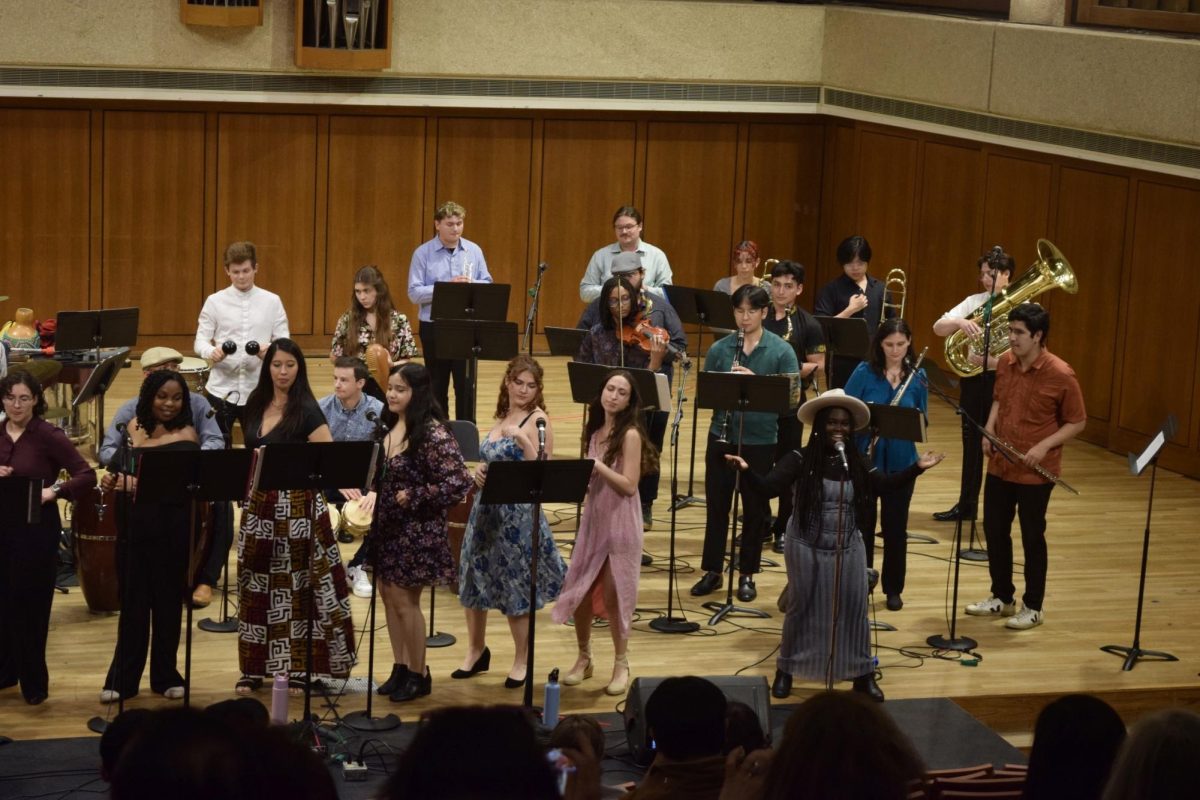It’s been three years since the 2016 presidential election, but many young voters are still feeling aftershocks from the high-emotion election that saw Donald Trump elected president.
Those aftershocks have taken different forms. For some, the prospect of voting again brings on a feeling of nausea, democratic choice having become a burden rather than a right. Meanwhile, others are ready to return fire with fire and look forward to meeting the next election with a show of force.
For radio-television-film freshman Kent Shinnick, the 2016 election was frustrating as he was too young to vote.
“I think the 2020 election is going to have a massive turnout. I was miserable not being able to participate in 2016, especially since it was such an intense race,” said Shinnick.
Shinnick said he is going into the next election with a positive mindset and redoubled energy, in the hopes that he can see an outcome that favors his views.
Shinnick and theatre and government junior Shannon Homan had different reactions to the recent political climate, as Homan said she feels a sense of political nausea following the 2016 election.
“I keep up with politics because I think it’s important, but I don’t enjoy it the way I used to,” Homan said. “It feels like a competition of big and bigger celebrity.”
For Homan, integrity seemed to be draining from politics in the 2016 election as each week brought a new mudslinging scandal.
“Being politically active and knowledgeable were big components of my identity in high school,” Homan said. “Then, it was something I enjoyed. I’m still invested in politics because giving up won’t make it better, but the climate feels gross.”
Like Homan, government junior Sammy Calkins feels politically fatigued, though less by the current state of politics and more by the nature of the election system in general. For Calkins, it seems there’s never an end to the campaigning process.
Calkins said the 2016 election was exciting as a conservative because it was a chance for change after eight years of Democratic control.
“I believe that voter turnout will be solely affected by the Democratic candidate in 2020. If the Democrats choose a candidate that can rally the base, voter turnout will increase on both sides,” said Calkins.
These students’ feelings are nothing new historically speaking, UT history professor Michael Stoff said.
“The hyperpartisan political environment of today isn’t new,” Stoff said. “We’ve been at each other’s political throats exhaustively before.”
Stoff said the Internet has played a major role in the creation of today’s turbulent political climate and the fatigue voters feel. The Internet’s capacity for spreading ideas, without any filter for radicalism or any fact-checking mechanism, has opened the door for deep division that is difficult to undo, Stoff said.
The potential for divisive politics to create a sense of nausea amongst voters is one Stoff recognizes, but rather than suppressing turnout, Stoff sees activism as a trend. Even if people have political fatigue, they are still likely to participate at the moment, Stoff said.
With the clock ticking toward the 2020 election, time will tell whether or not the high emotions of the last presidential election will keep running.





















